Tibetan Headlines
Oct 29: Play Opens

A play based on the book Kora by the Tibetan writer and activist Tenzin Tsundue has opened in Kathmandu. The play, which depicts the life of Tibetan refugees living in India and Nepal was shelved ahead of Nepali Prime Minister K P Sharma Oli’s visit to China earlier this year.
Oct 26: Prayer Festival Banned
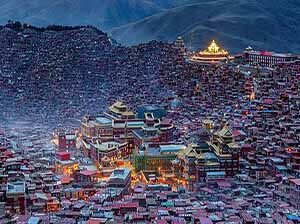
The Dechen Shingdrup festival, the major annual Tibetan prayer festival at Larung Gar in Tibet, the world’s largest Buddhist institute, has been banned by the Chinese authorities for the third year running. Larung Gar was in the past home to up to 40,000 monks and nuns but much of it has been demolished by the Chinese authorities and it is now greatly reduced.
Oct 26: Prayers
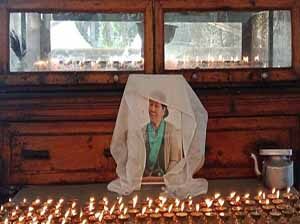
A 49th-day prayer service held at Tsuglagkhang for the late mother of Lingtsa Tseten Dorjee, organised by the Dhomay Cholkha Association. Lingtsa Tseten Dorjee, a Tibetan writer and activist, disappeared near Kalimpong on the India-Nepal border in 2013 while on his second peace march from India to Tibet – his first took place in March 2012. His wife, sister and two children attended the prayer service.
Oct 25: Support for Cyclone Victims
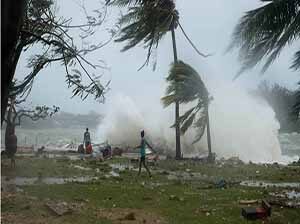
The Central Tibetan Administration has issued an appeal for funds to help victims of cyclone Titli which swept through Odisha earlier this month. Dhondup Tsering from the Department of Home has visited Phuntsok Tibetan settlement to assess the damage which includes hectares of standing crops as well as properties. Preliminary estimates of damage is more than INR 30 million (US$ 410,000 / £320,000).
Oct 24: Activists Detained
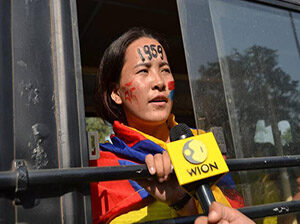
Around 35 Tibetan Youth Congress (TYC) activists have been detained by Delhi police after storming the Chinese Embassy in New Delhi. The protest was timed to coincide with the bilateral security meeting between China and India which took place at the Embassy, with China’s Minister of Public Security, Zhao Kezai, leading the Chinese delegation, which included Ministers from the Tibetan Autonomous Region.
Oct 23: Chinese Outreach
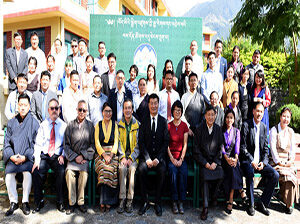
The Chinese Outreach Forum and Training is underway at the Tibetan Administrative Training and Welfare Society. 60 Tibetan students and professionals from 12 different countries are taking part in the four-day session for Chinese speakers and Chinese studies academics, and who will benefit from studying the background and politics of the current situation. It is organised by the China Desk of the Central Tibetan Administration.
Oct 19: Election Statement
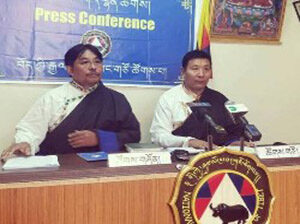
The National Democratic Party of Tibet – the single exile Tibetan political party – has issued a statement saying that while they support the recent amendments to the election system they will continue to lobby for a party-based democracy. They also said they want to distance themselves from the controversy that surrounded the 2016 election.
Oct 19: No Compensation
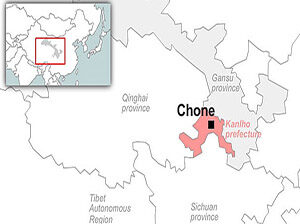
A protest took place outside the government offices in Nyipa township in Chone county on October 11, with Tibetans protesting about the non-payment of compensation which they were promised in 2015 when their livestock was culled by order of the government. Livestock farming was their main source of income, but many families are now left without their animals or with greatly reduced stock.
Oct 19: Another Landslide
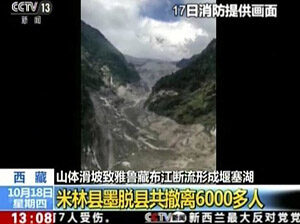
A landslide has blocked the Yarlung Tsangpo river in Menling County in U-Tsang and around 6,000 people have been evacuated as the water level rose in the lake by 40 metres. No deaths or injuries have been reported. The landslides are sparking demands for investigation into the excessive mining and dam construction developments by the Chinese authorities in Tibet which are seen to be causing environmental disasters.
Oct 18: Protestors Beaten
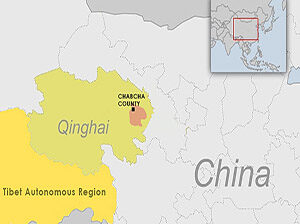
A group of Tibetans were attacked and beaten last week by Chinese workers in Choeje village in Qinghai province during a protest about land. The Chinese workers were damaging the Tibetans’ nearby grazing areas by driving heavy vehicles and machinery over the land and then refusing to pay compensation. Radio Free Asia reported the attack, and that some Chinese workers had been taken into custody.
Oct 17: Protests
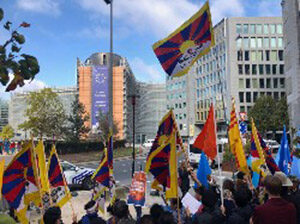
Protestors from Chinese controlled Tibet, southern Mongolia and Xinjiang gathered outside the opening day of the 12th Asian and European Meeting (ASM) in Brussels for the China -EU trade delegations meeting to protest against Beijing’s repressive control. The rally was jointly organised by UNPO (Unrepresented Nations and Peoples Organisation), ICT (International Campaign for Tibet), the World Uyghur Congress and the Southern Mongolian Human Rights Information Centre.
Oct 17: Natural Disasters
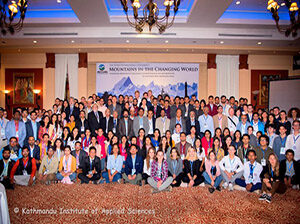
The recent increase in natural disasters in Tibet was featured at the third International Conference on Mountains in the Changing World in Kathmandu, organised by the Kathmandu Institute of Applied Science. Zamlha Tempa Gyaltsen from the Tibet Policy Institute spoke about the impact of climate change on mountainous regions – including the Tibetan Plateau – saying that adapting to the new climatic conditions could mitigate the negative impacts.
Oct 16: “Thank You Himachal!”
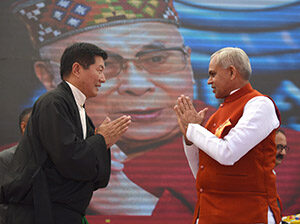
The “Thank You Himachal” event, one of the series of events held this year to thank India for hosting Tibetans in exile for 60 years, was held in Shimla, the capital city of Himachal Pradesh. HH the Dalai Lama sent a video message of thanks. Chief guest Shri Acharya Dev Vrat, the Governor of Shimla, said the Indo-Tibet relationship keeps strengthening each day and goes beyond the host-guest relationship.
Oct 15: Railway to Tibet
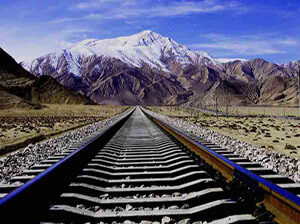
Chinese President Xi Jinping has announced that a new $36 billion (£27.5 billion) railway to link the capital of Tibet, Lhasa, with Chengdu in Sichuan and cut the journey time by over 30 hours. The 1,700-kilometers long railway will rise to 5,072 meters above sea level. Xi is quoted as saying the project is of “profound significance for the country’s long-term stability and the development of Tibet”.
Oct 15: Cyclone
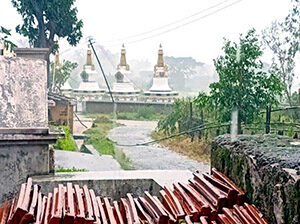
The Tibetan settlement in the Chandragiri district in the state of Odhisha in eastern India has been affected by Cyclone Titli which has swept through Andra Pradesh and Odisha with winds up to 150 Kmph. Houses, roads, crops and power grids have been damaged and eight people have died and the Tibetan settlement is cut off, reports the Tibetan Journal.



